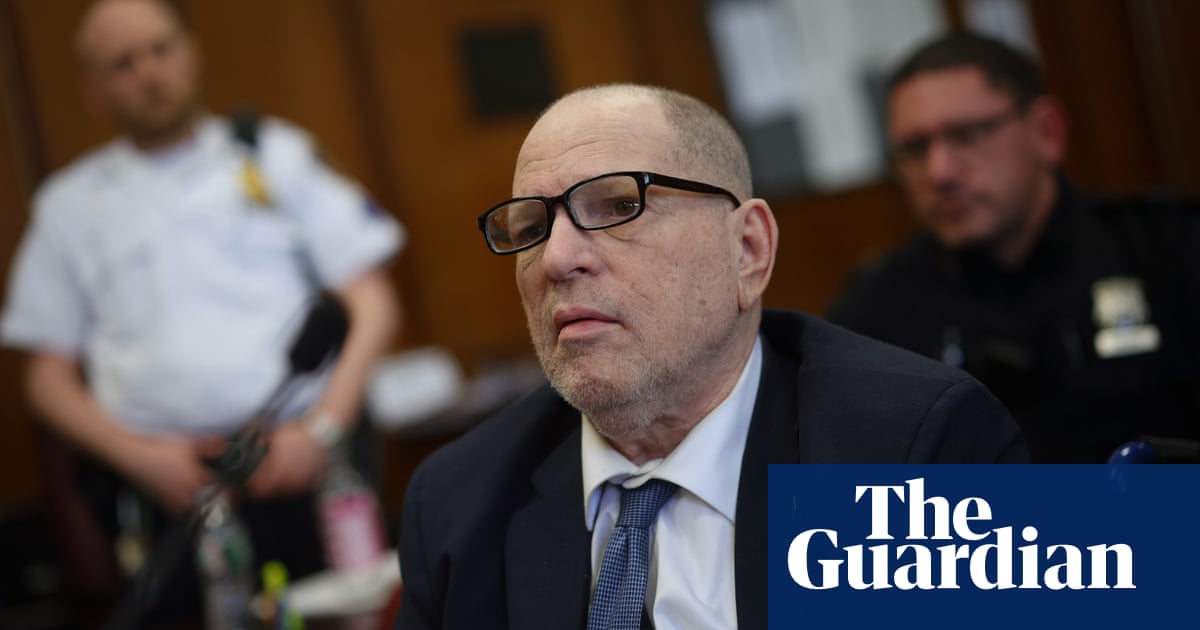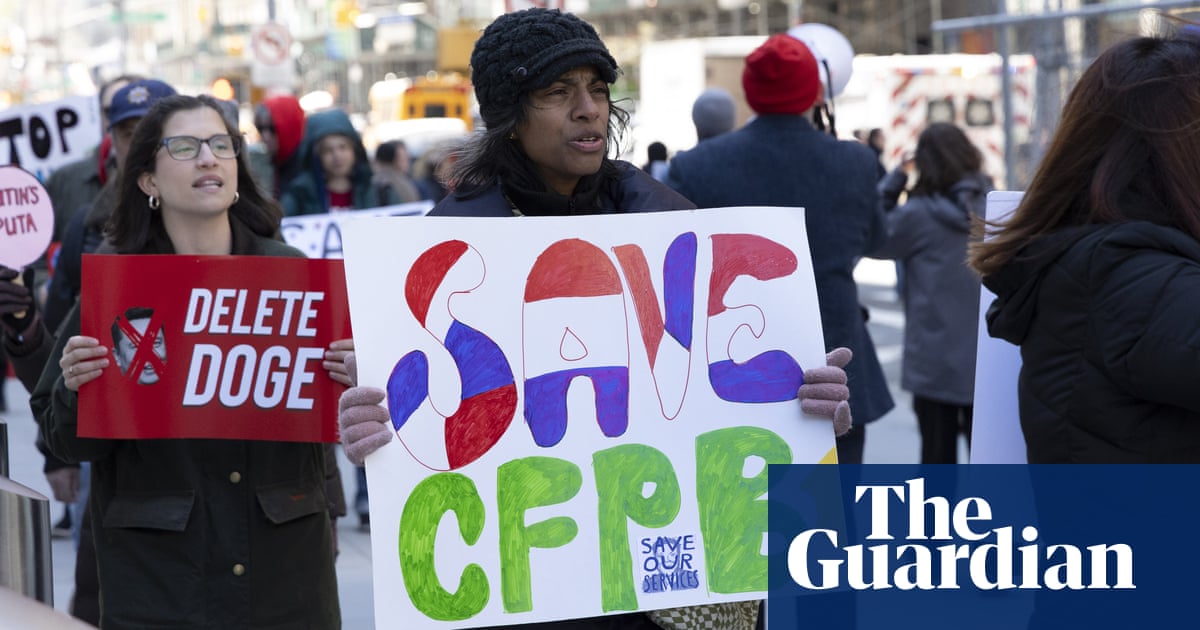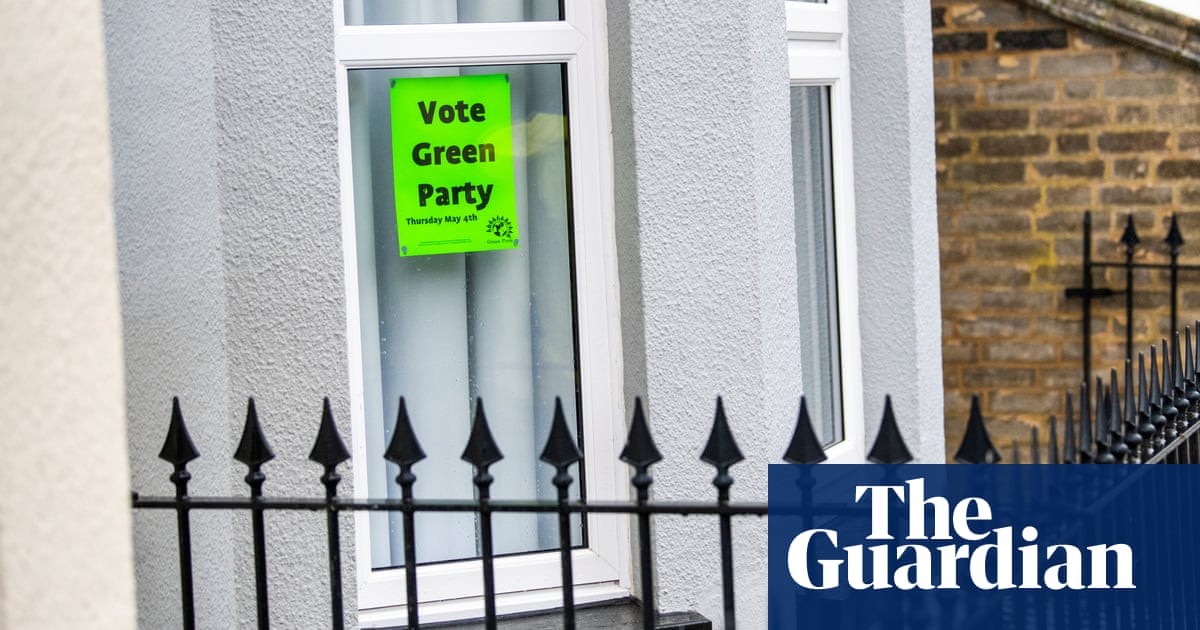Teachers will not have to inform on sexually active teenagers under a new legal duty to report child abuse after a novel “Romeo and Juliet” exemption received cross-party support.
A new crime and policing bill obliges professionals in England, including teachers and healthworkers, to report suspicions of child sexual abuse to the police or local authority in an attempt by the government to prevent cover-ups.
There will be dispensation, however, when it comes to teenagers in consensual sexual relationships, including when it involves a 17-year-old boy and a 14-year-old girl, after Harriet Cross, a Conservative whip, indicated that her party backed what she described as “a Romeo and Juliet exemption”.
The age of sexual consent in the UK is 16 and, unlike in other countries such as Australia, there is no exemption allowing sexual activity between under 18s, even when the two minors are in a consensual relationship.
The crime and policing bill introduces the concept of such a close-in-age exemption by asking professionals to use their judgment when it comes to whether they need to report cases involving teenagers found to be sexually active, inciting each other to engage in such activity or engaging in it in front of a child.
In order to be covered by the exemption from the duty to report, teachers and other professionals need to be confident that the individuals are both over the age of 13 and that there are no concerns about any abuse or coercion in the relationship.
The clause received support from the Conservatives at the committee stage of the bill’s parliamentary journey towards becoming law.
Speaking before the crime and policing bill committee, Cross, who was elected for the first time to parliament in 2024, told MPs that the exemption “recognises that not all sexual activity involving under-18s is a cause for alarm or state intervention”.
She said: “Sexual activity for under-16s is, as we know, illegal in law but without this clause, a teacher who learns of two 15-year-olds in a consensual relationship would legally be bound to report that as a child sexual offence.
“The clause empowers the teacher to use their professional judgment, but the exemption applies only where the reporter is satisfied that the relationship really is consensual and not appropriate to report given the circumstances.
“The bar for not reporting should be high. As a safeguard, the clause explicitly says to consider the risk of harm. If there is any indication of harm or imbalance, the duty to report remains.
“For example, if a 14-year-old girl is sexually involved with a 17-year-old boy, even if she says she has consented, a teacher or adult might rightly feel uneasy about the power dynamic and the possible impact of grooming. The adult might decide that it is appropriate to report in that case.”
Cross said the exemption was “not about condoning underage sex; it is about proportionality”.
She added: “We do not want to criminalise young people unnecessarily or deter them from seeking healthcare or advice … It mirrors, for instance, the approach in some Australian states where similar laws exist. Those states carve out consensual peer activity from mandatory reporting to avoid inundating child protection with consensual cases.”
Speaking for the government, Jess Phillips, the minister for safeguarding, said she did not want to deter young people from being open about their relationships and accessing services.
“This avoids situations such as two kissing teenagers having to be reported to the authorities by a teacher who knows them both well,” she added. “That is not something I want to have to deal with: teenagers kissing in halls. I suppose it is better working here [in parliament]. Well done to the teachers of the world. For the record, I do not want to see anyone kissing in the corridors – teenagers or otherwise.”
Under the new law, those who fail to comply with the “duty to report” will be liable for sanctions from their professional regulator or the Disclosure and Barring Service.
It will only be if someone deliberately tries to stop a report of child sexual abuse that criminal sanctions will apply, which could lead to up to seven years in prison.

.png) 2 days ago
10
2 days ago
10













































